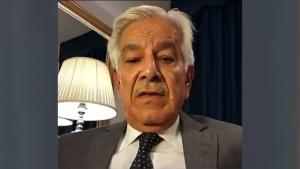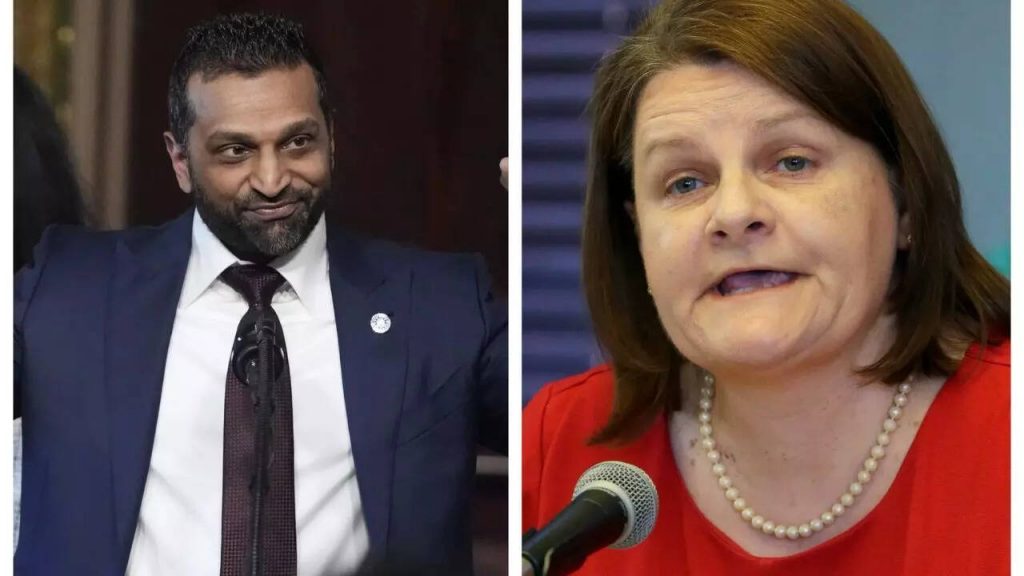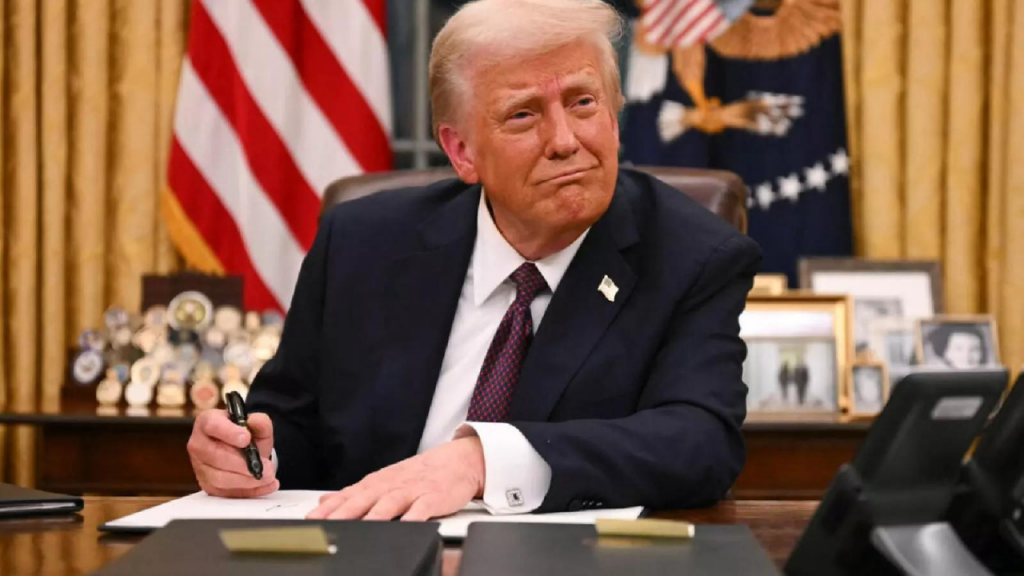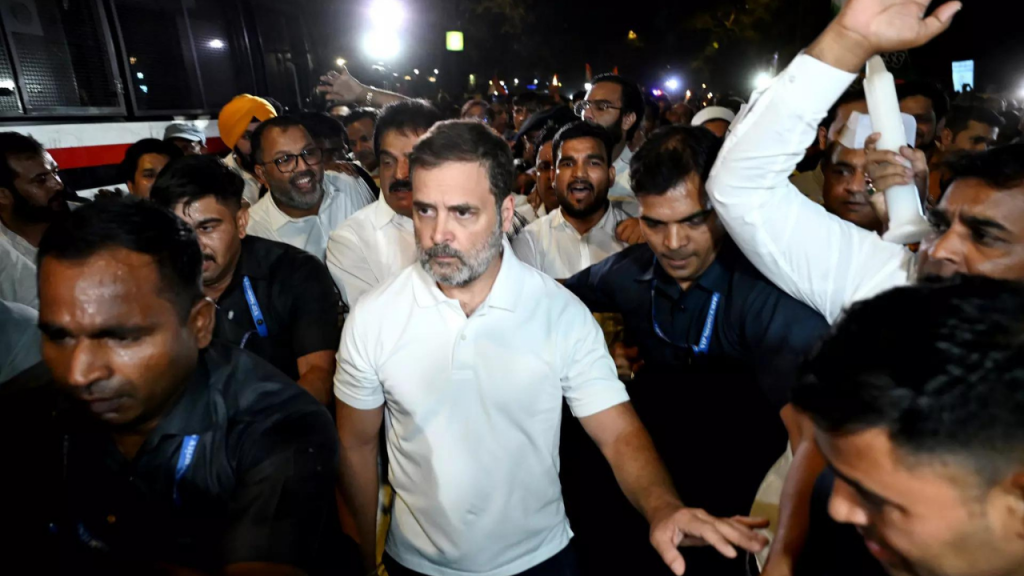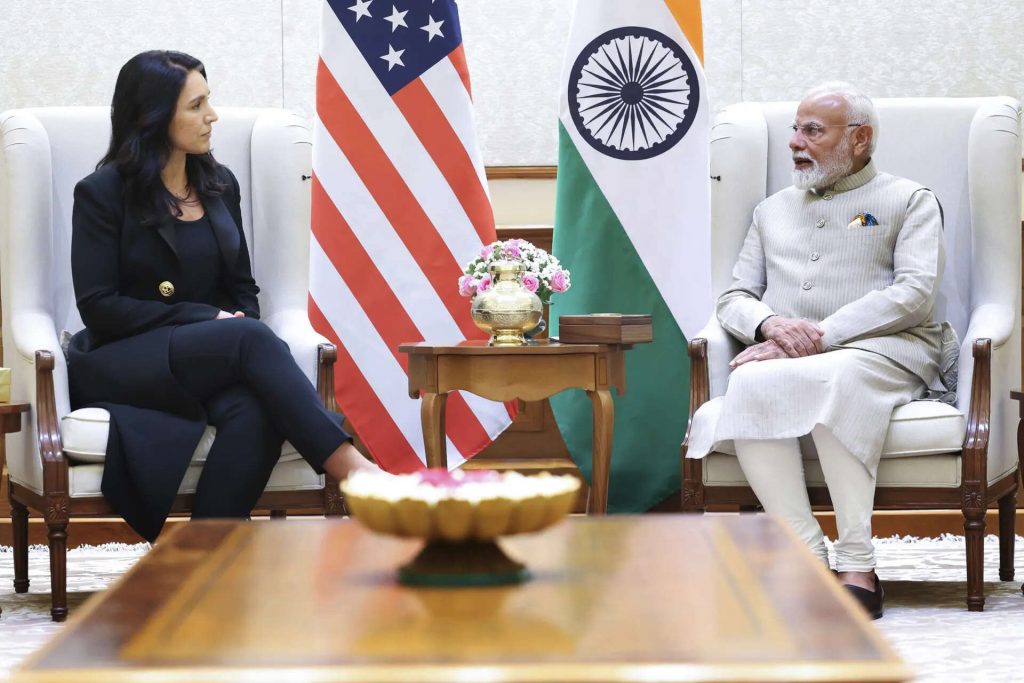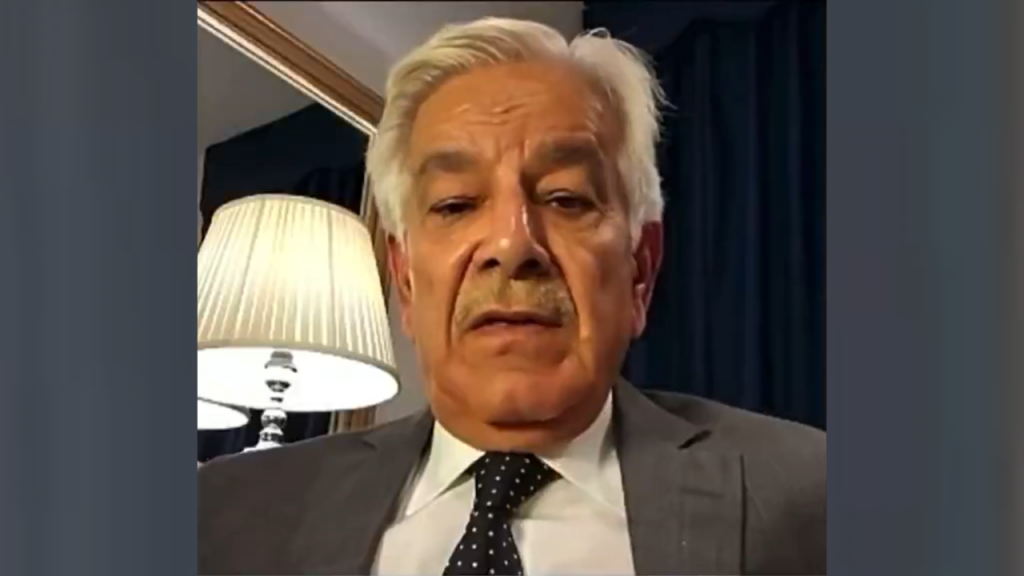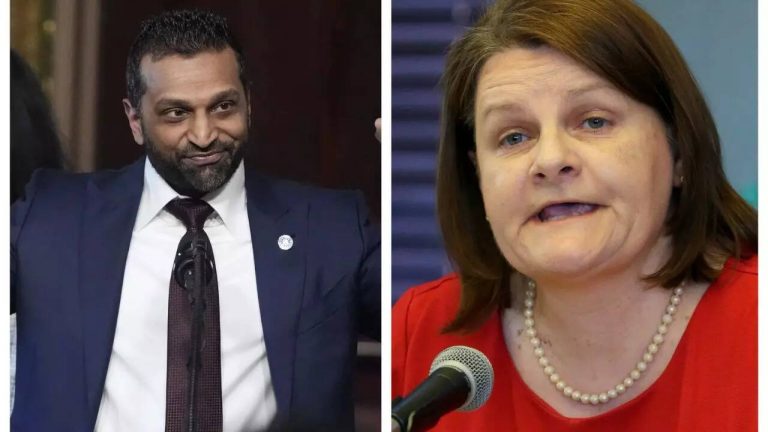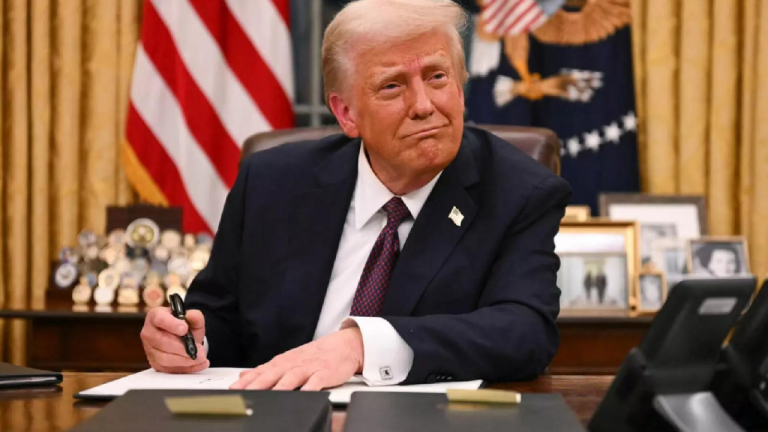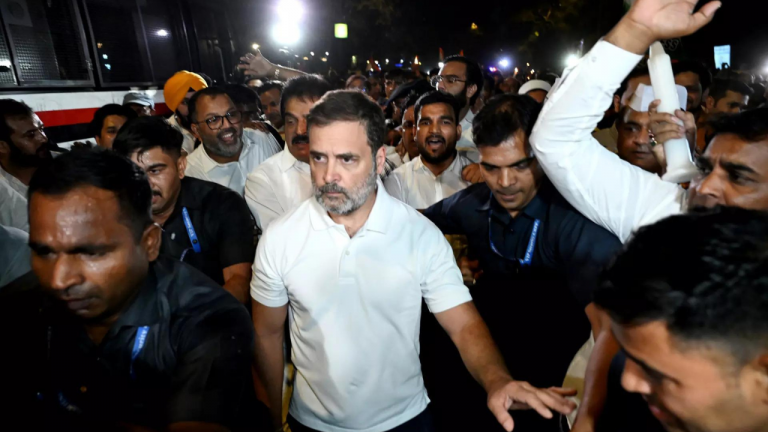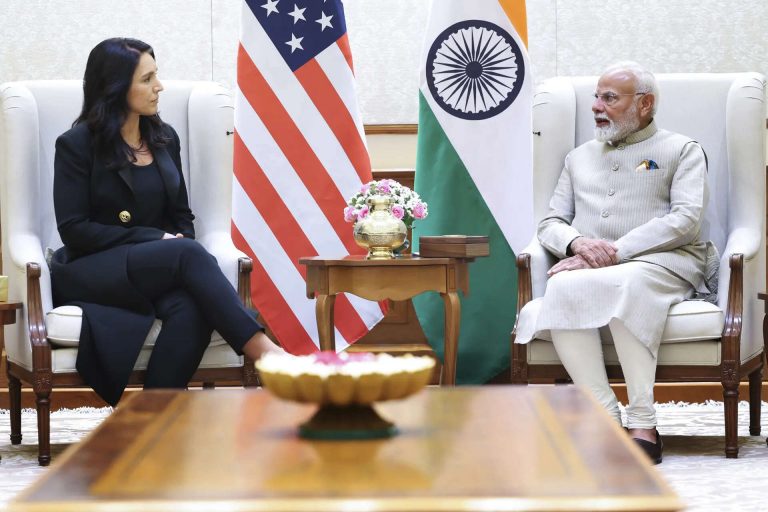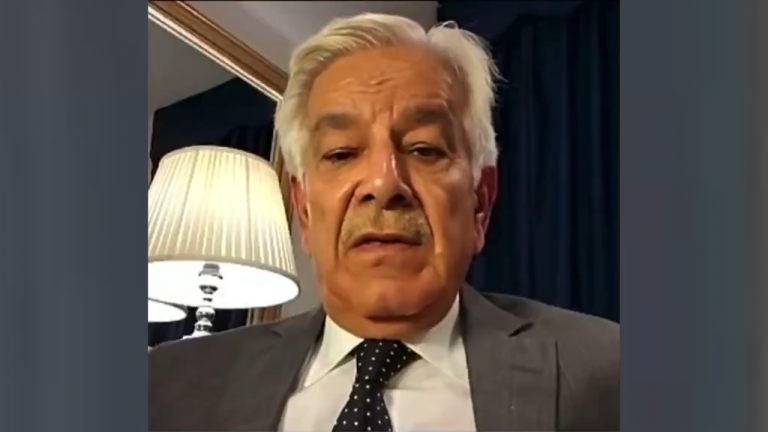The Supreme Court of India has recently intervened in a defamation case against Rahul Gandhi, halting the Allahabad High Court’s decision to uphold summons against him. The case stems from remarks made by Gandhi about freedom fighter Veer Savarkar, which were deemed disrespectful. The apex court emphasized the need to show reverence towards national heroes, highlighting Savarkar’s esteemed status in Maharashtra. It also drew attention to a letter penned by Gandhi’s grandmother, former Prime Minister Indira Gandhi, in which she commended Savarkar. This development underscores the significance of historical context in understanding and respecting the contributions of revered figures like Savarkar. Such cautionary actions by the judiciary serve as a reminder to public figures about the importance of thoughtful and respectful discourse, particularly when discussing individuals who have played a significant role in the country’s history. This case also sheds light on the complexities of balancing freedom of speech with the responsibility to uphold the dignity of national icons. The Supreme Court’s decision to intervene not only has legal implications for the ongoing defamation proceedings but also sets a precedent for the treatment of historical figures in public discourse. It remains to be seen how this case will unfold and what impact it may have on future discussions surrounding prominent figures in Indian history.
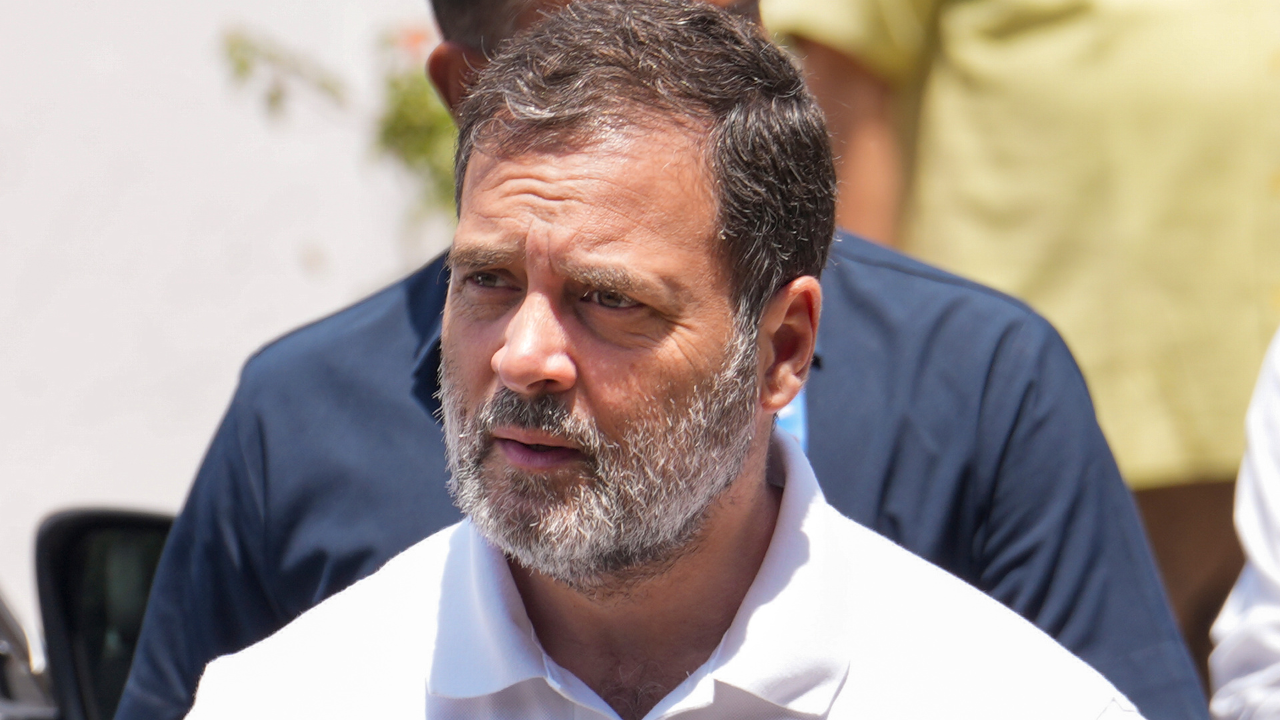
Posted in
JUST IN
Supreme Court halts defamation case against Rahul Gandhi over Veer Savarkar comments, warns against disrespect to freedom fighters.
In Trend

Pahalgam survivors reveal terrorists filmed massacre with bodycams; widow recounts husband’s death for being Hindu.
